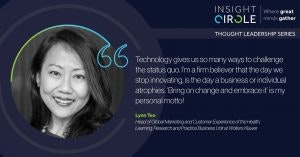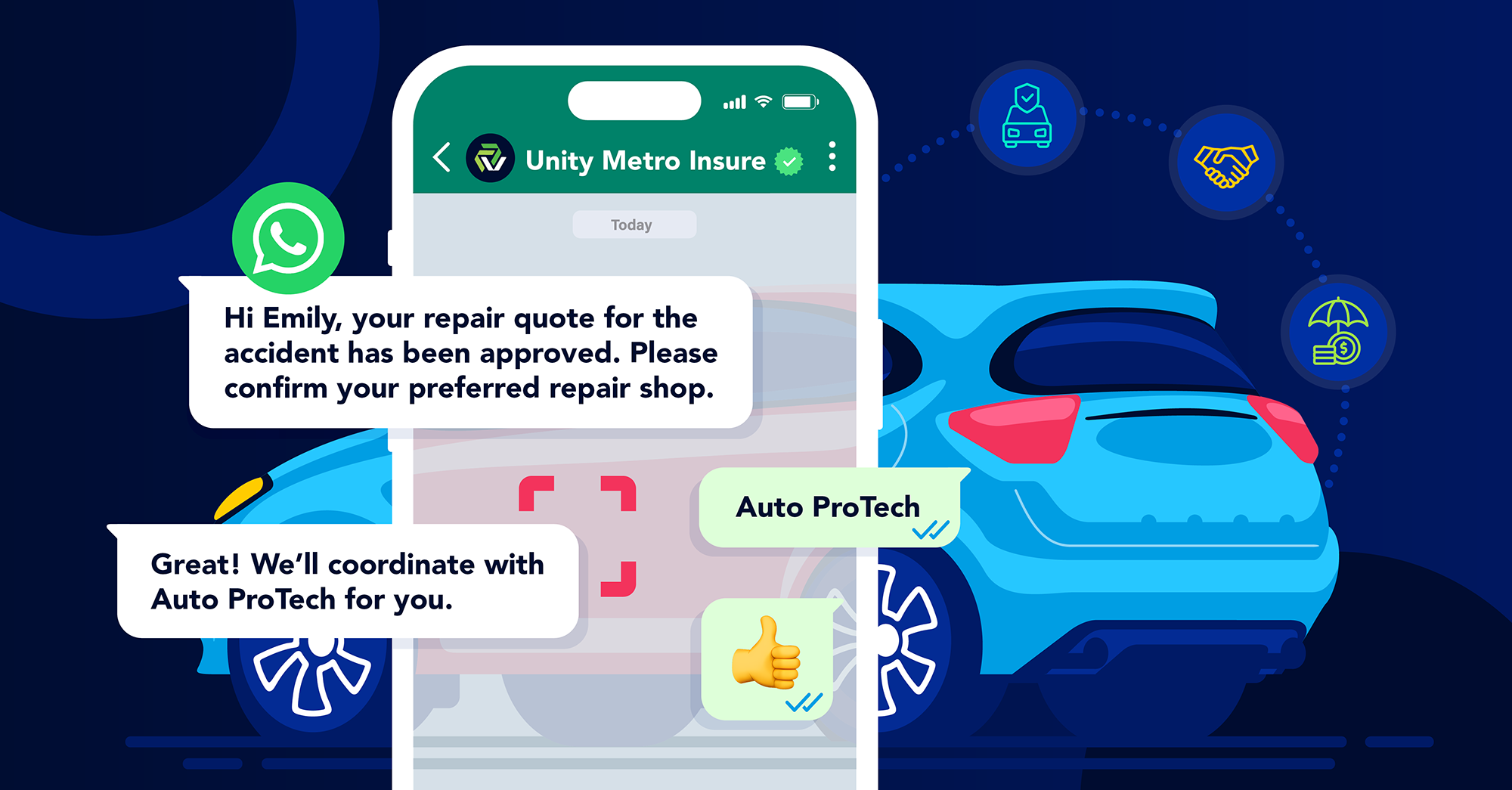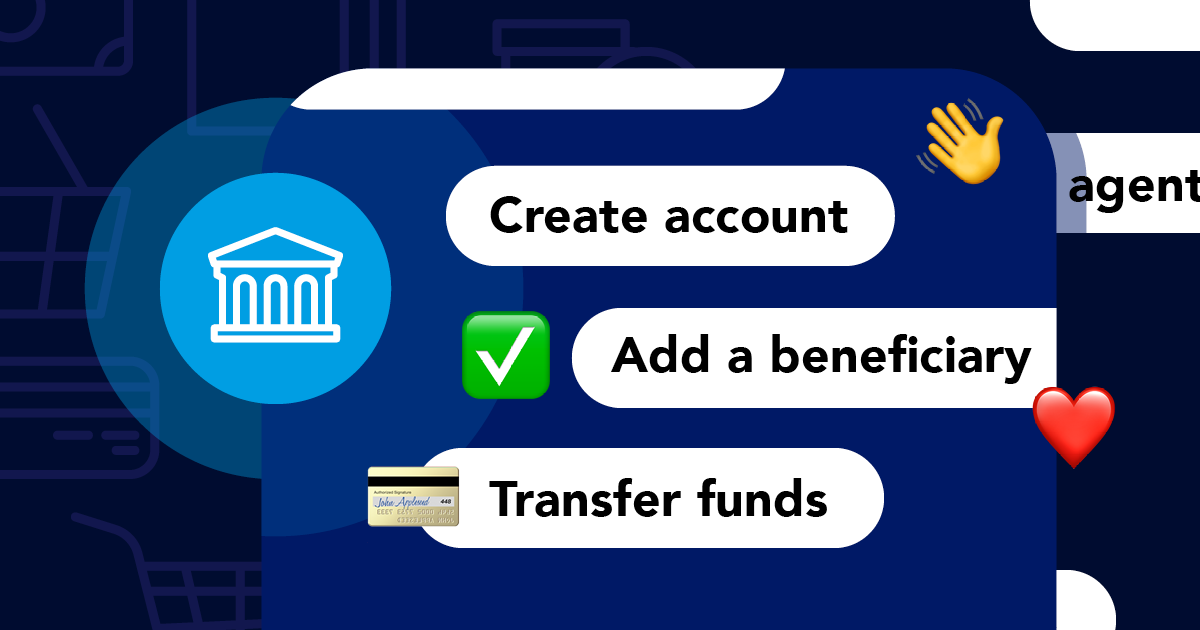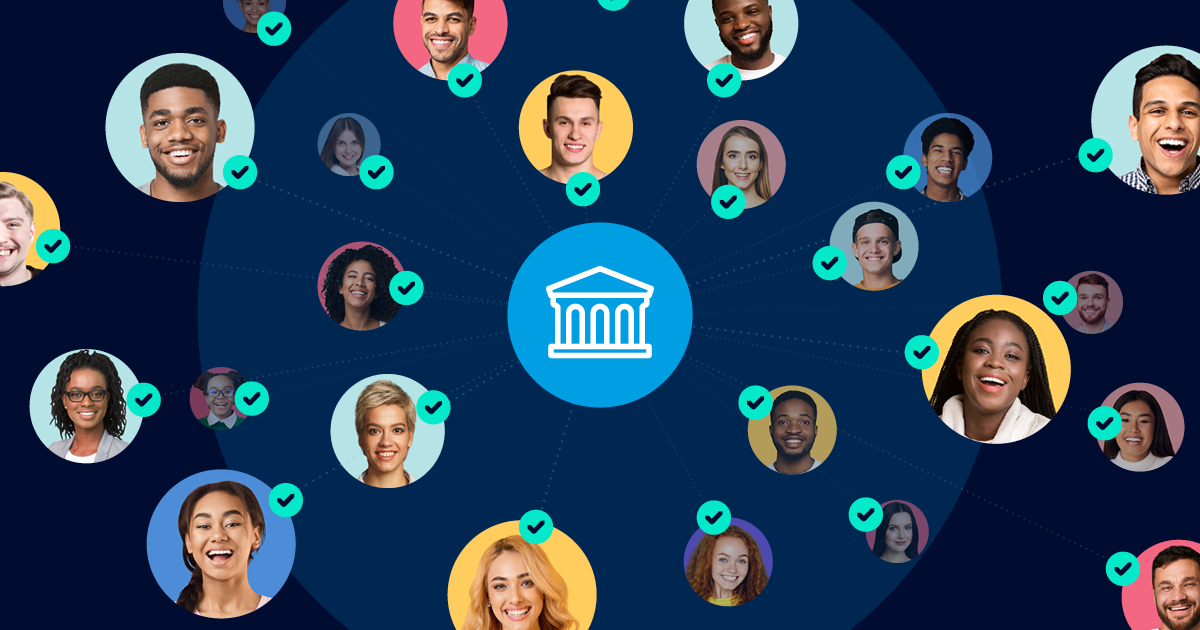
As the decade of the 2020s begins, one major force (Digital Transformation) has combined with a major event (the COVID-19 crisis) to profoundly change how we live and work for years to come. Our next guest in the Insight Circle series, Lynn Teo, is the Head of Global Marketing and Customer Experience of the Health, Learning, Research and Practice (HLRP) Business Unit (BU) at Wolters Kluwer. She has been right in the middle of the intersection of Digital Transformation and Healthcare, and has seen firsthand how the COVID-19 crisis dramatically accelerated certain trends. She shared many wonderful insights with us in this two-part series.
About Wolters Kluwer
Wolters Kluwer’s expert solutions – a combination of deep domain knowledge with specialized technology and services – deliver better outcomes, analytics, and improved productivity for their customers. Wolters Kluwer is globally recognized and valued for helping customers realize their potential and deliver impact when it matters most.
Wolters Kluwer
We began by asking Lynn to describe her role at Wolters Kluwer: “I joined Wolters Kluwer in October 2018 and have spent the last two years leading the full portfolio of a BU’s marketing capabilities across B2B and B2C solutions - from eCommerce, digital marketing to product branding/PR/comms, content marketing, marketing and sales operations, data and analytics/business intelligence and customer experience”. As VP of Global Marketing and Customer Experience, Lynn reports to HLRP’s CEO in a Chief Marketing Officer capacity. She had previously led digital marketing and regional marketing teams in a multi-billion dollar software company. When she was approached for the role, she saw huge opportunities in the healthcare and education industries as “next up” to accelerate marketing’s contribution to the top and bottom line: “I was ready to transfer what I had learned to a business that was looking to pivot aggressively from publishing and digital solutions to core software solutions. My first order of the day was to restructure and streamline the marketing organization. Six months into my new role, I also assumed leadership of the customer support and customer experience teams. My team is now about 270 people distributed globally. I took on the role because I knew this was a significant transformation opportunity. At every one of my career transitions in the last 20+ years, I've always proactively sought opportunities to help me grow and push organizations to new levels of performance and possibilities. I consider myself an optimist and find the process of adapting to change energizing. Technology gives us so many ways to challenge the status quo. I’m a firm believer that the day we stop innovating, is the day a business or individual atrophies. ‘Bring on change and embrace it’ is my personal motto!”
HLRP’s target audience spans the student-to-practitioner career growth spectrum, educators/instructors, as well as institutional buyers, influencers, and decision makers. They include nursing and medical students, residents, practicing physicians, nurses and nurse practitioners, faculty & deans, curriculum directors, healthcare executives, medical researchers, librarians, and medical societies. The products provide customers with vital knowledge to deliver higher quality care, prepare the next generation of caregivers and inspire lifelong learning for nursing and physicians. Lynn continued: “One of the things that attracted me most about the Wolters Kluwer brand is its longevity. Wolters Kluwer is a global provider of professional information, software solutions, and services for clinicians, accountants, lawyers, and tax, finance, audit, risk, compliance, and regulatory sectors. We are committed to helping professionals improve the way they do business and solve complex problems with confidence in an ever-changing world. Our 184-year legacy and portfolio represent thousands of customers worldwide including 93% of the Fortune 500 companies. The roots of HLRP’s business is fascinating. It started as a humble bookstall in Philadelphia in 1792, was sold several times over the years and consolidated with multiple publishers, before it established itself as a healthcare publisher under the Lippincott Williams & Wilkins brand in 1836. The fact that our Lippincott solution suite brand continues to be relevant today is simply remarkable. At the heart of our business is content. As a publisher, you're a purveyor of your product, which is great content. We have experts in all areas of medicine and nursing, and our business is complemented by some of the most prestigious medical societies. Our products drive research activities, learning, and practical application every day in medical and academic institutions.”
Lynn described how accessing the massive volume of medical data available to Wolters Kluwer can unlock tremendous potential: “The mission of the Health Division resonated with me because of how its products power advances in medicine. Access to good research that is evidence-based is critical. One of our key products is a platform named Ovid. It functions like a Google search for medical research. Where things get really exciting is when AI is layered on and patterns underpinning content starts to take shape. How can you allow for quicker access to insights and bring that intel forward to a researcher? Wolters Kluwer is a publisher of over 300 medical journals. There is a massive storehouse of content embedded in these 300 plus journals, and all of that information is ingested into our Ovid platform. Medical information has traditionally been stored physically - think of all the complex searches that a librarian in a hospital might have to run on all the research. This is where artificial intelligence can make a huge impact because it's impossible to go through all this content manually. When you introduce intelligent processing, you're able to aggregate vast amounts of research data and bring new insights.”
Impact of COVID-19 on Medical Education
Lynn described the effects of COVID-19 on medical education: “COVID-19 has changed the experience of medical education. For example, residents can no longer be in a lab for dissections, which is a core component of a medical student’s curriculum. We now have to challenge ourselves: ‘How do we bring the virtual classroom to the student and the faculty? Do we have products that can do three dimensional renderings so you can simulate a dissection as much as possible?’ Another example is with nursing. With COVID-19, we had a situation where retired nurses were being called back again to serve, and we had to think of ways to get them back up to speed quickly with the latest protocols, and our products are being used in this context. I’m excited about how we now have the ability for a standardized quality of care to be provided at a global level. Our clients are global, and our products are being used to help nurses reduce the variability of care, whether you're in a rural place or a different part of the world. I feel jazzed about what our business unit does because we’re helping to save lives by bringing consistent quality of care, regardless of wealth or whether you are in an urban or rural setting.”
In part 2 of our discussion with Lynn Teo, we will discuss her views on transformational opportunities in Healthcare, how her background in Design Thinking helps her approach Digital Transformation, and how greater diversity in leadership can tremendously benefit company culture.
Step into the future of business messaging.
SMS and two-way channels, automation, call center integration, payments - do it all with Clickatell's Chat Commerce platform.








